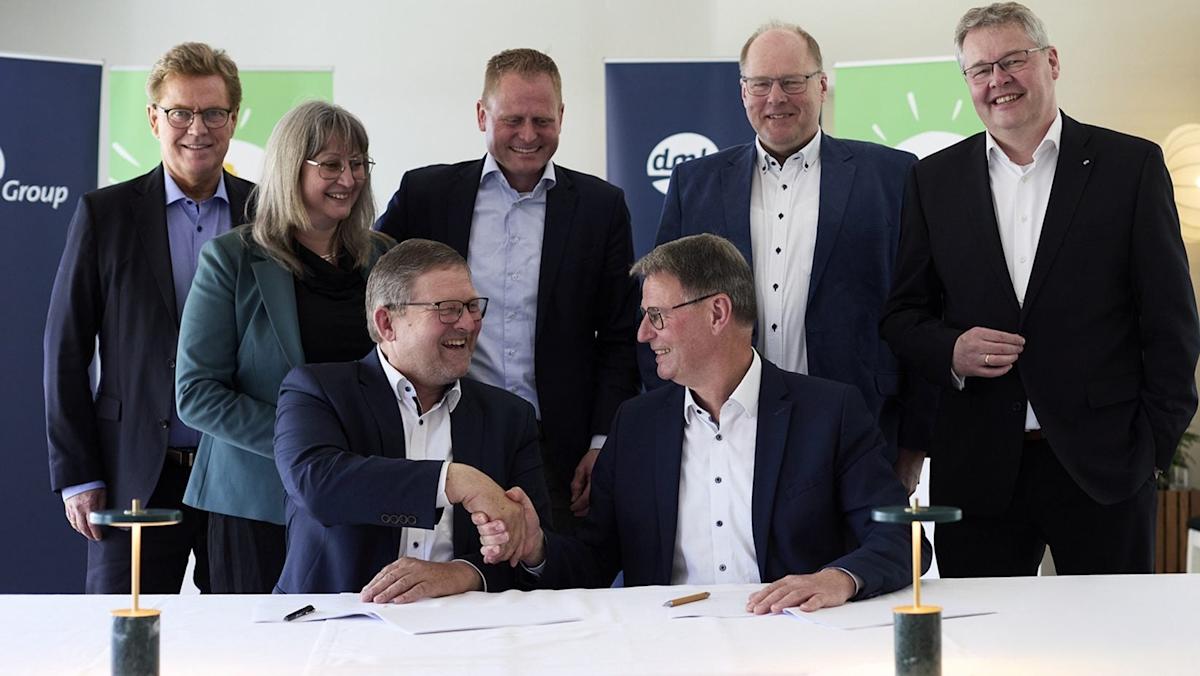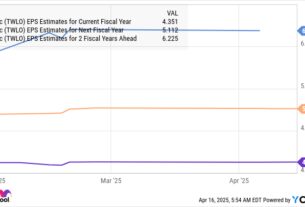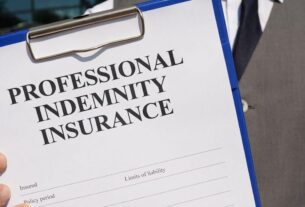Not even four months after FrieslandCampina and Milcobel set out plans to merge, another pair of European dairy groups have announced they are to join forces – and they are unlikely to be the last.
On Tuesday, Denmark-based Arla Foods and Germany’s DMK outlined a deal they said would create the “largest dairy cooperative in Europe”.
The new co-op is to have more than 12,000 farmers across seven countries and a pro-forma revenue of €19bn ($20.75bn).
The two cooperatives, who have worked together in the past in areas like whey processing, believe the merger will provide resilience amid an anticipated decline in the overall European milk pool.
And, Peder Tuborgh, the Arla CEO who is set to be the chief executive of the larger business (which will carry the Arla name) sought to outline other positives.
“By uniting resources, we enhance our product portfolio and expand globally, reaching over 160 markets to ensure stable food production. This synergy strengthens our investment and innovation capabilities, driving new technologies and sustainable practices,” Tuborgh said.
The maturing of Europe’s dairy market into a low-growth industry makes deals like this understandable – even if it coming so soon after FrieslandCampina and Milcobel announced their plans might have raised some eyebrows.
“I think the current situation in the EU calls for combining strength, let’s put it that way,” Mark Voorbergen, a Netherlands-based dairy industry consultant and partner at Claassen, Moolenbeek & Partners, says.
“Unless we have these kinds of consolidation initiatives, I think there’s a decent chance that we will see capacity reductions. If everyone’s doing that all by themselves, I think it’s a less efficient process than when it’s carried out by two companies combined.”
Europe’s dairy processors are operating in an industry facing stagnant consumption and falling production.
Sluggish consumption in the EU has been a factor in the consolidation seen in the region’s dairy sector for the last couple of decades – including in deals that have already involved both Arla and DMK.
In the last decade and more, Arla has been involved in transactions in European markets including the UK, Belgium and Germany. DMK itself was born in 2011 when two of Germany’s largest dairy processors, Nordmilch and Humana Milchindustrie, combined. Five years later, DMK struck a notable merger with Netherlands-based DOC Kaas.
According to research by The European Commission that sets EU forecasts for various agricultural sectors out to 2035, the consumption of dairy products in the bloc is projected to remain flat (it forecasts a 0.1% annual decline out to 2035), with, for example, falling consumption of drinking milk but opportunities in areas like cheese, whey and functional dairy ingredients.


